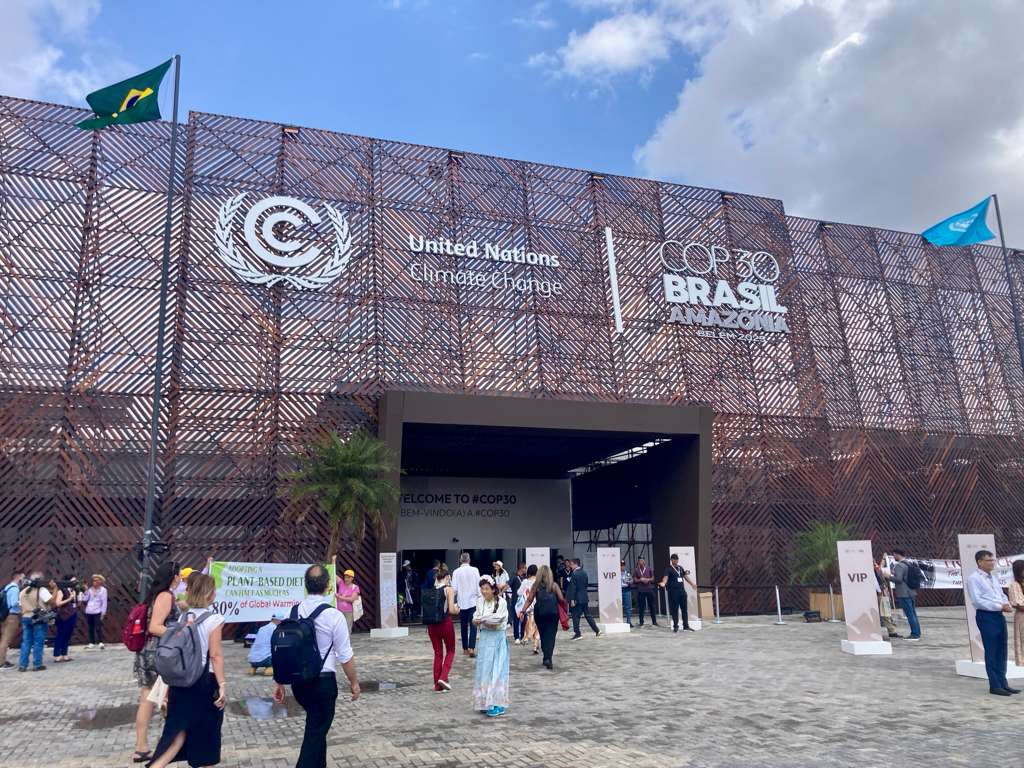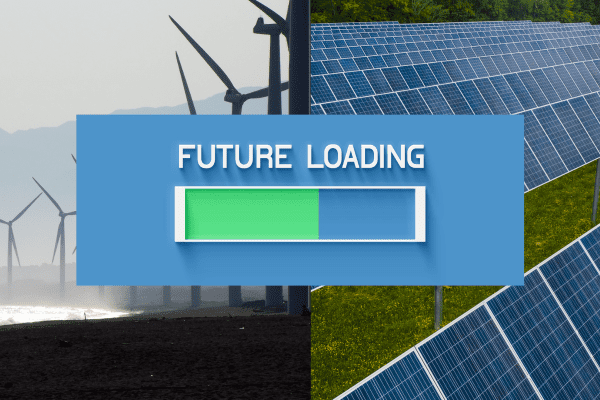International Environmental Law
From Sivuqaq’s Shores in Alaska to the UN: The Fight for Military Cleanup & Indigenous Rights
Per- and polyfluoroalkyl substances (PFAS), also known as ‘forever chemicals’ are intoxicating the Sivuqaq people
“It was so beautiful. Little did we know it was so toxic”, declared Karen (Pungowiyi) Nguyen, a former Indigenous resident of Sivuqaq Island (more commonly known as St. Lawrence Island) in the Northern Bering Sea, when we interviewed her in Alaska in early 2024. She recalled how, as children at the Northeast Cape on Sivuqaq, …
CONTINUE READINGThe U.S. Has Now Become a Rogue Nation
By pulling out of the UNFCCC and dozens of international organizations, Trump has isolated the United States and ceded influence to China and the EU.
In the past few days, Trump has kidnapped the head of state of Venezuela, threatened to invade Greenland, and withdrawn from a 1992 climate treaty negotiated by George H.W. Bush. The treaty, the U.N. Framework Convention on Climate Change, has been the basis for international climate cooperation for the past thirty years, including the Paris Agreement. In addition, Trump is withdrawing from the Intergovernmental Panel on Climate Change (IPCC), which will make it harder for American scientists to contribute to the periodic reports on the state of climate science. Trump’s action is basically a big middle finger toward the rest of the world. If anyone wins from this, it’s China, which can now claim to be the responsible adult in the room.
CONTINUE READINGThat Was the Year That Was
2025 had a lot of bad environmental news, but also a few rays of hope.
2025 has been a dark time for Americanswho care about the environment. Rather than being a repeat of his first term, which had been bad enough environmentally, Trump’s second term has been a tsunami of bad news. Besides some outright rollbacks, Trump has done his best to purge the government of programs and people implementing environmental law. Much of that has been illegal but effective anyway. The demolition of the East Wing will be remembered as a defining moment, the perfect metaphor for an Administration that has religiously embraced the motto, “move fast and break things.”
CONTINUE READINGThoughts on COP30
What have we learned about the future of climate negotiations?
we can only expect incremental progress from the U.N. unless or until China takes a leadership role, particularly while the U.S. is also on the sideline. Incremental progress is better than no progress, obviously. But we’re going to have to look elsewhere for productive international action.
Basically, that’s going to have to rely on something less than the international consensus that drives COP. That means doubling down on some other options: bilateral climate agreements between countries, action by coalitions of interested countries, and subnational agreements including states, provinces, and cities around the world.
CONTINUE READINGA Full-Court Press on Methane, Climate in the Governor’s Race
The Drain is a weekly roundup of environmental and climate news from Legal Planet.
Replacing high-carbon fossil fuels with clean energy while also adapting to climate change — that’s the ballgame. But we may not get to the ninth inning in one piece if we don’t deal with methane first. That’s one takeaway from the COP30 UN climate summit. Pick your metaphor — and there are many — but …
Continue reading “A Full-Court Press on Methane, Climate in the Governor’s Race”
CONTINUE READINGGood COP, Bad COP in Belém, Brazil
The Drain is a weekly roundup of environmental and climate news from Legal Planet.
The United Nations mega-conference focused on climate change known as COP (“Conference of the Parties”) is well underway in Belém, Brazil with 193 countries plus the EU, 57 heads of state, 39 ministers and hundreds of governors, mayors, and local officials participating. Two of my UCLA Law colleagues are on the ground in Belém this …
Continue reading “Good COP, Bad COP in Belém, Brazil “
CONTINUE READINGWhat to Know About the TFFF Announced at COP30
A bold new investment fund aims to channel billions into tropical forest protection – one key change can make it better.
The world is losing vast swaths of forests to agriculture, logging, mining and fires every year — more than 20 million acres in 2024 alone, roughly the size of South Carolina. That’s bad news because tropical forests in particular regulate rainfall, shelter plant and animal species and act as a thermostat for the planet by storing carbon, keeping it out of …
Continue reading “What to Know About the TFFF Announced at COP30”
CONTINUE READINGThe Dark and Quiet Skies Campaign
What does Space Law have to do with environmental law? Satellites pollute in more ways than you think.
When you walk outside at night, do you ever wonder how many stars you can see? For most of human history, this would have been a foolish question. The night sky was filled with stars. Today, though, in any major city you may be lucky to see only a handful. For years, astronomers have warned …
Continue reading “The Dark and Quiet Skies Campaign”
CONTINUE READINGSolar and Wind are Winning
Two energy reports out this week paint a clear picture of the future that may await us.
Industrial policy moves slowly. Sometimes it takes months or years to understand the trajectory of global energy trends. Picture an oil tanker that requires a herculean effort just to shift course by a small degree — that’s what energy policy feels like much of the time. But then sometimes, you get a glimpse of the …
Continue reading “Solar and Wind are Winning”
CONTINUE READINGGarbage In, Garbage Out, Garbage Everywhere
The collapse of international plastics negotiations demands a new, non-UN framework
Given all the garbage that we have to deal with nowadays, you might have missed the prospect of actual, non-metaphorical garbage this week: to virtually no one’s surprise, UN negotiations over an international plastics treaty collapsed this week. It’s easy to make jokes referencing The Graduate – and in fact I will – but this …
Continue reading “Garbage In, Garbage Out, Garbage Everywhere”
CONTINUE READING












